| I recently did a phone interview with National Geographic's Jonathan Manning. It's now featured on the front page of National Georaphic's UK website. Excerpts below and full interview here. |
| What are you currently exploring? I’m working on several projects while finishing up my PhD at Oxford. My thesis is focused on 3D mapping coral reefs and the correlation between reef structure and the health of its ecosystem. I’m monitoring the structural complexity of the reef, how it changes over time and how fish interact with the 3D structure. It’s an inter-disciplinary project involving zoology and engineering that requires a lot of time underwater studying the reefs off the coast of Honduras. I’m also helping to rebuild a deep-sea research sub, Pisces VI, that will allow us to discover more deep-sea species and better understand how ocean ecosystems function. Finally, I’ve just started a project developing new technology to enable us to genetically analyse sea creatures in their natural environment; this project is in its very early stages though. What’s so fascinating about coral reefs? Coral reefs are the mega-cities of the ocean. They host as much as 25% of all marine life, but they cover less than 1% of the ocean floor. One of the reasons they are able to do that is because they have this gorgeous structural complexity that creates niches for species to hide from predators or weather storms and a great surface area for a diversity of creatures to feed on. Grace dances outside Aquarius, her underwater home for 15 days during Mission 31. Photo: Fabien Cousteau - Mission 31. How much of your study involves fieldwork? I spend three months of the year doing fieldwork and the rest doing data analysis or developing testing technologies here in Oxford. Where do you conduct your fieldwork? My doctoral thesis is based on a fairly remote island called Utila, in the Caribbean, a couple of hours by boat from mainland Honduras. There are only about 4,000 people who live there, and there’s just one main road on the island – you could take a golf buggy around the island in a day. We have a field station there that’s been operational for about a decade, operated by a conservation group, Operation Wallacea. We chose the site because it’s been monitored for several years so we have a baseline. It sounds like paradise! Not quite - it’s like a glorified weight loss camp! We’re busy every day. I’m up at 7am, I grab breakfast of rice and beans at the dive centre, then put on dive gear and do three or four dives per day, each about an hour underwater. I never dive alone. I always have at least one dive buddy, usually a research assistant. We set up experiments and collect data. Last summer I did a lot of heavy lifting. We had a series of concrete tiles underwater that we were growing coral on – we had to put them down and then bring them back to the surface. Each tile weighed 2.5 kilograms (5 pounds) and there were 200 of them – that’s half a ton! I come back from fieldwork in the best shape of my life! Grace enjoys a cup of tea with Fabien Cousteau, while living underwater for more than a fortnight. How do you keep in touch with friends and family when you’re on Utila? It’s not easy. I’m often working in areas with limited to no internet or mail services, so the typical means of communicating with loved ones aren’t available. Recently I’ve started to write and exchange a bunch of letters with close friends before I leave. We can read them each week I’m away and so stay in each other’s thoughts. I also periodically treat myself to an internet connection – although this sometimes requires literally walking across the island. That’s a serious commitment to sending a text message! Do you miss important news? I remember coming out of the water after a dive and someone told us that Britain had left the EU. I wasn’t sure I had heard right, but I had several more hours of diving that day, so I couldn’t confirm it. Because the internet is so spotty on the island, we rely on word of mouth for news. You cannot surf the news as normal. When I’m away people joke, “have you been under a rock?,” and I reply, “no, I’ve been underwater.” On the plus side, being offline and away from everything allows me to really focus on my research. Also, I try to compensate for the isolation by reading more books and longer form works. Have you even been in danger? People often ask me this – weren’t you scared of living underwater? Of diving with sharks? Of sailing across the ocean? Of diving at night? The list goes on; but really, everything I’ve done is safe. I wouldn’t do it otherwise. Before an expedition we do risk assessments to think through every emergency situation and determine how we should respond. The danger really isn’t from sea creatures so much as it’s from carelessness,. Overall I’m probably in more danger walking across the street in Oxford. Where would you most like to be right now? I’m always happiest on or in the water; but I try to live in the moment, so I’m very happy here in Oxford – although I miss the ocean. Which luxuries do you sneak into your luggage before every trip? I always wear my Doxa dive watch, which I got on a previous expedition, called Mission 31, when we lived underwater for 15 days in the Aquarius habitat. The watch has an iconic orange face. |

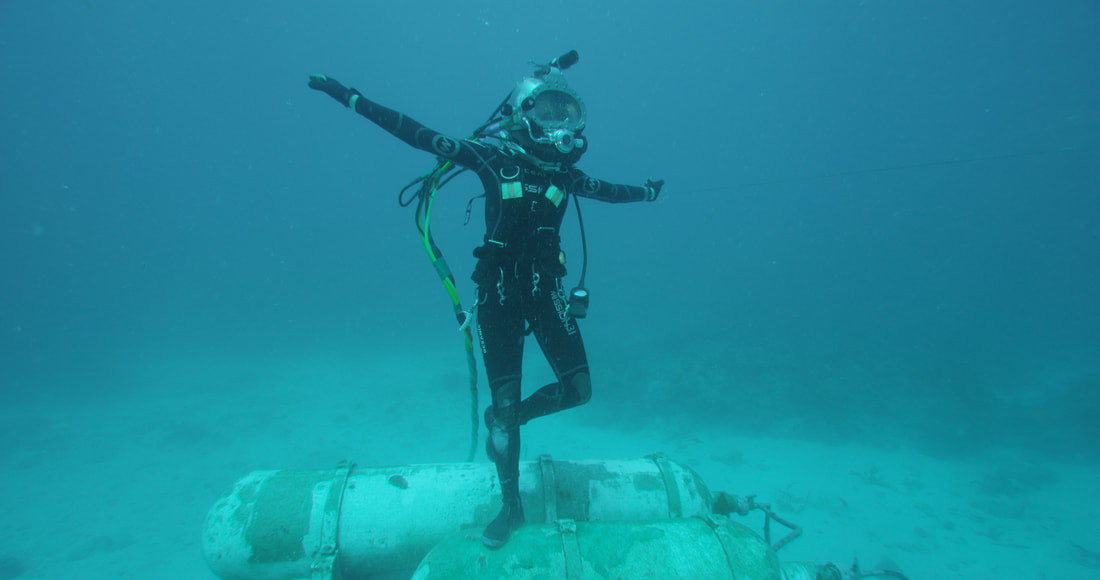
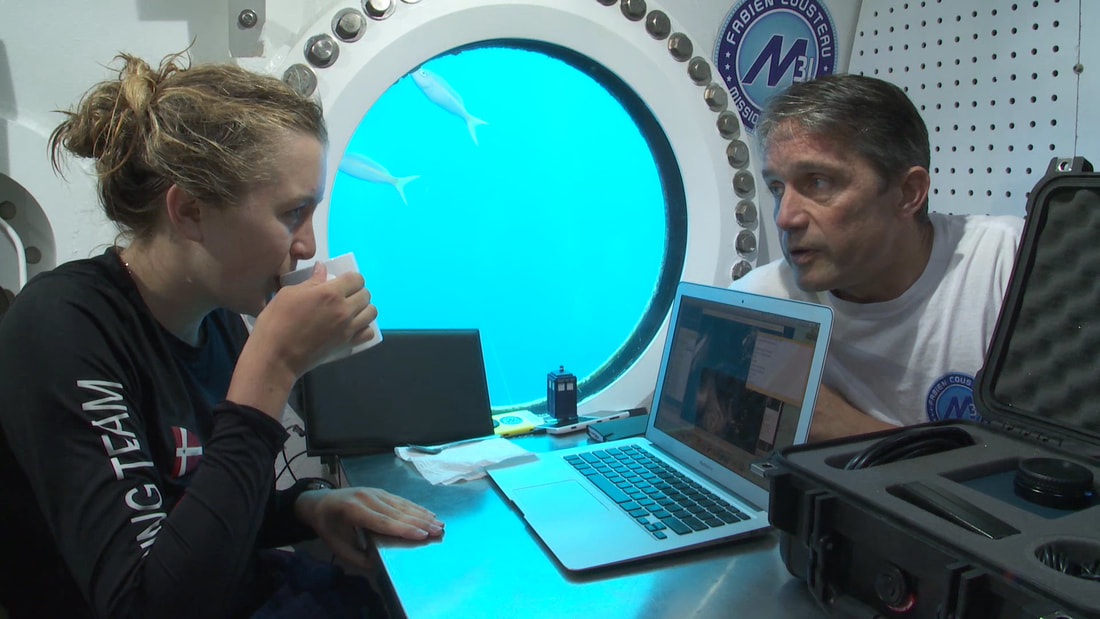
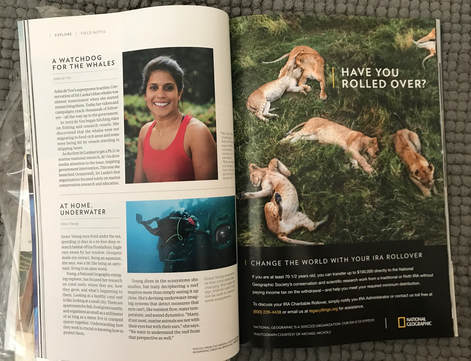
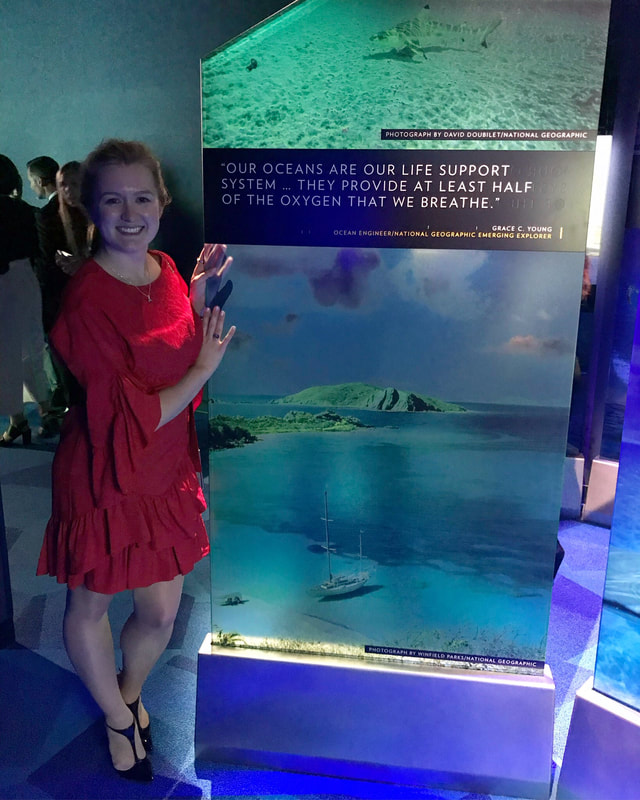
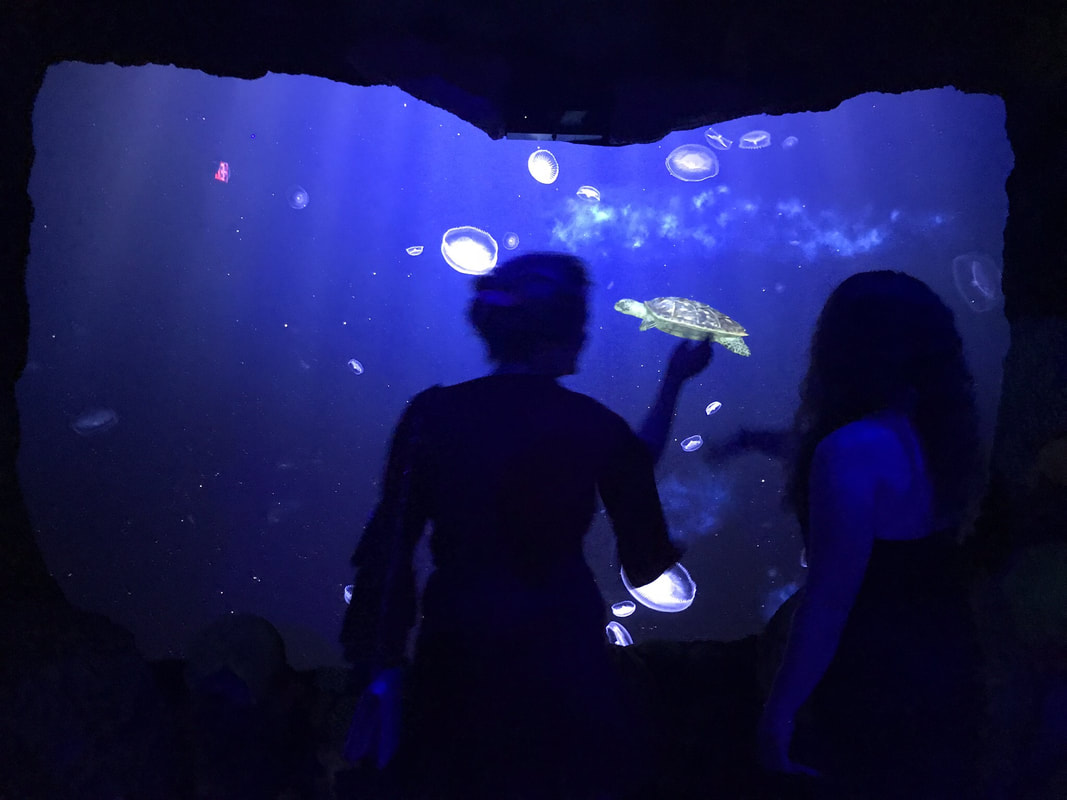
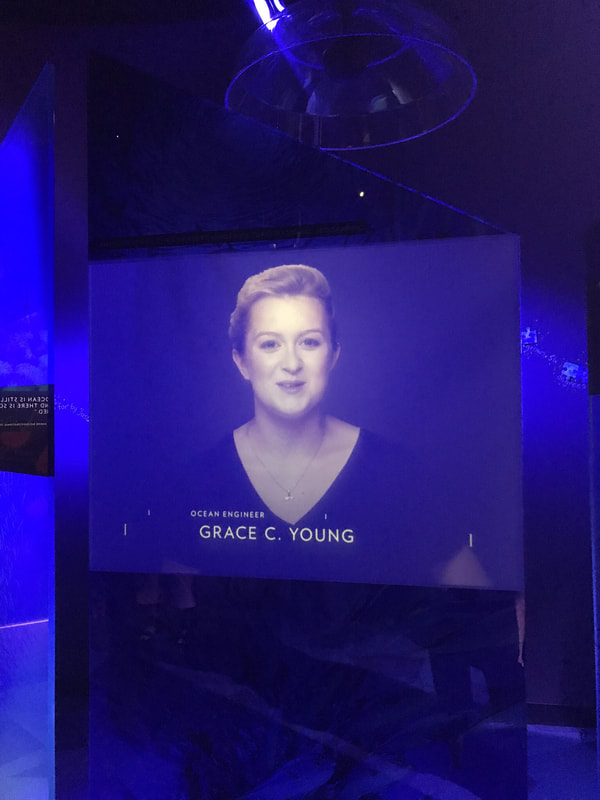
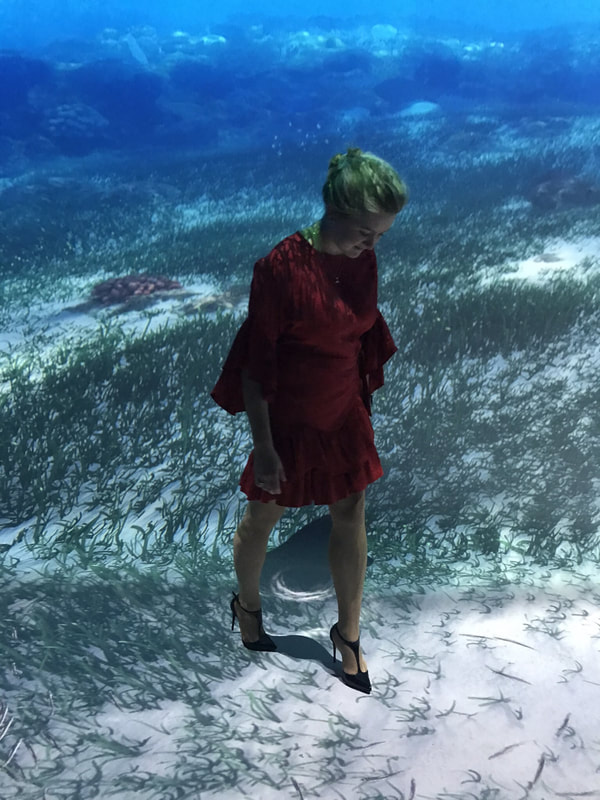
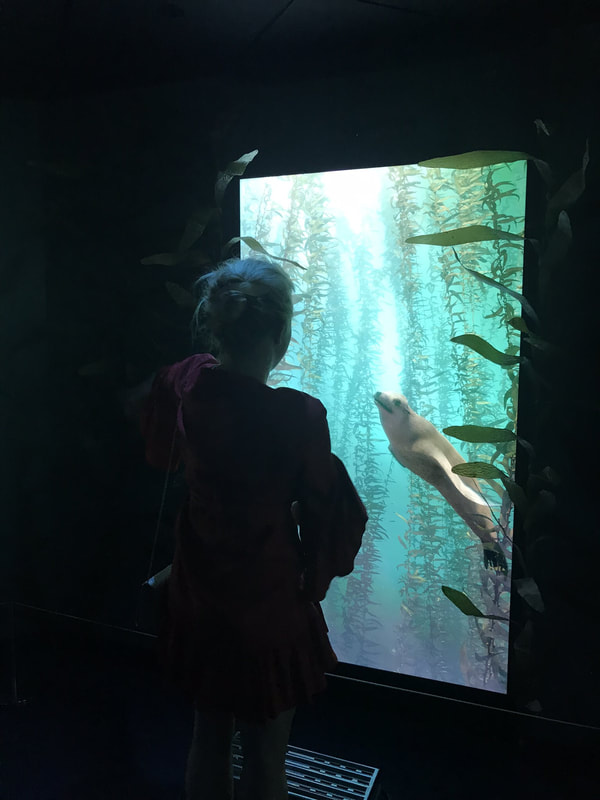
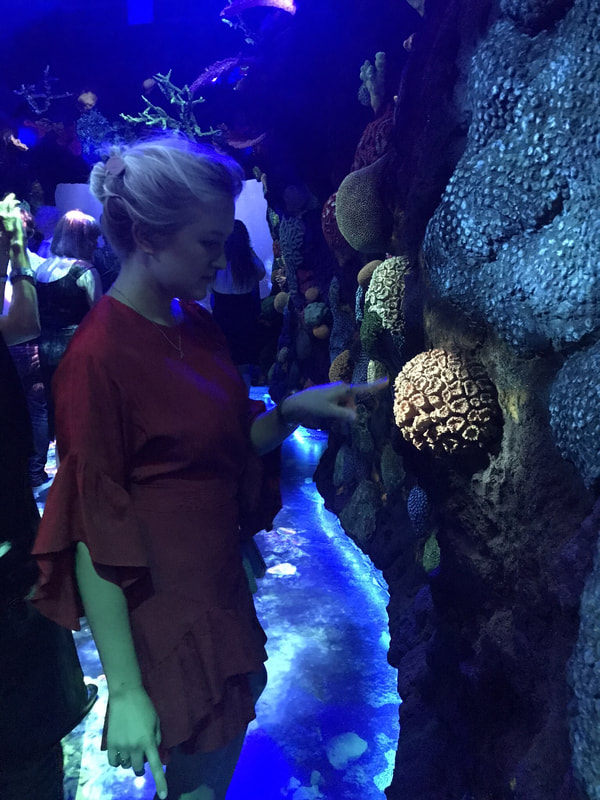
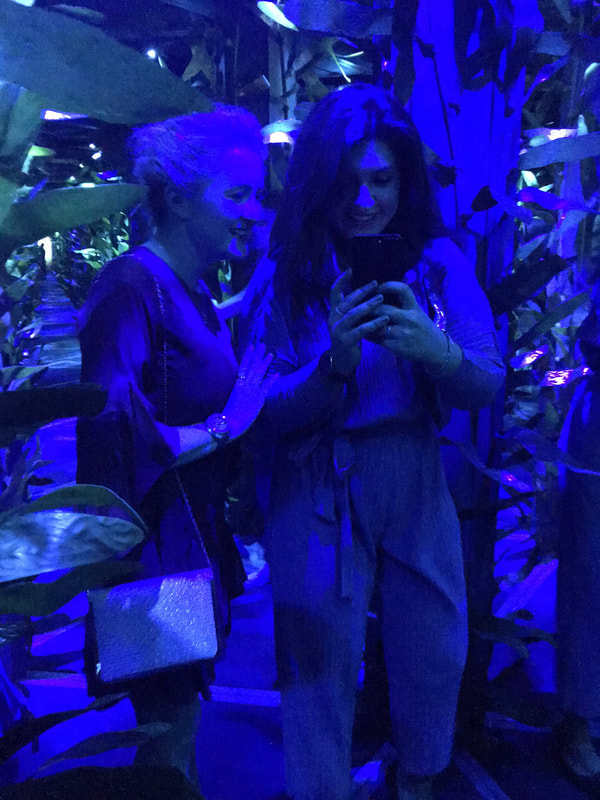
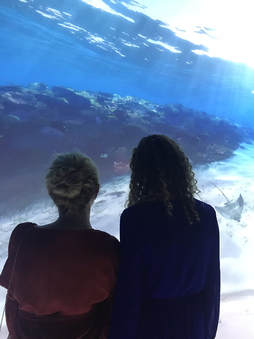
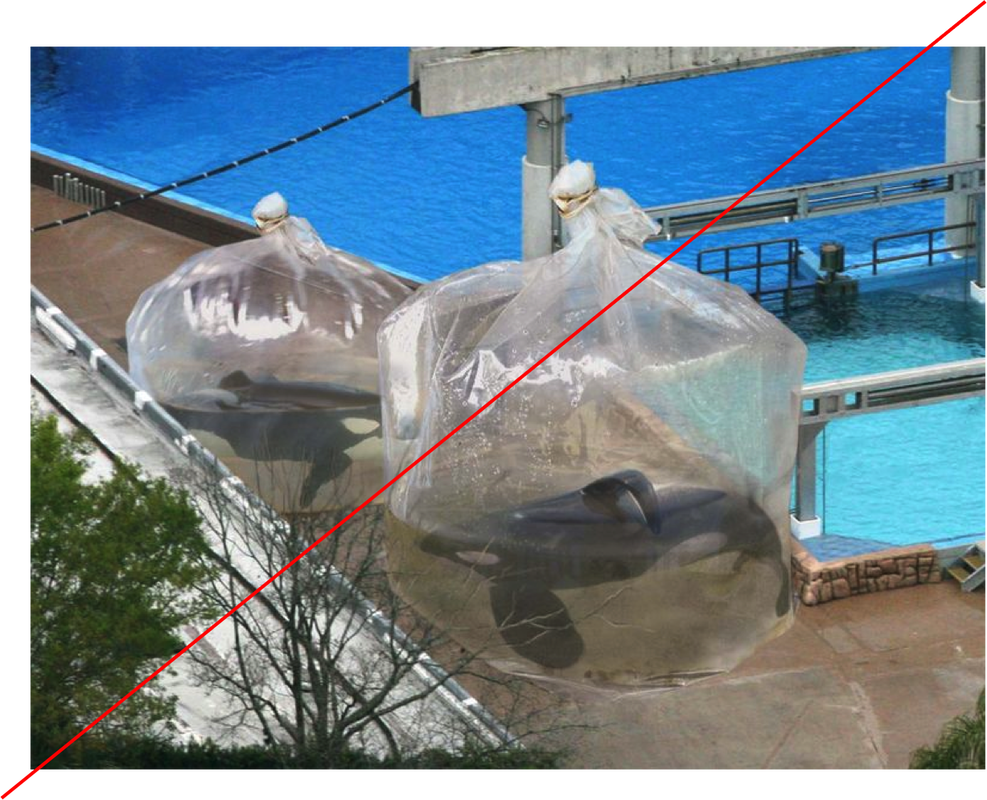


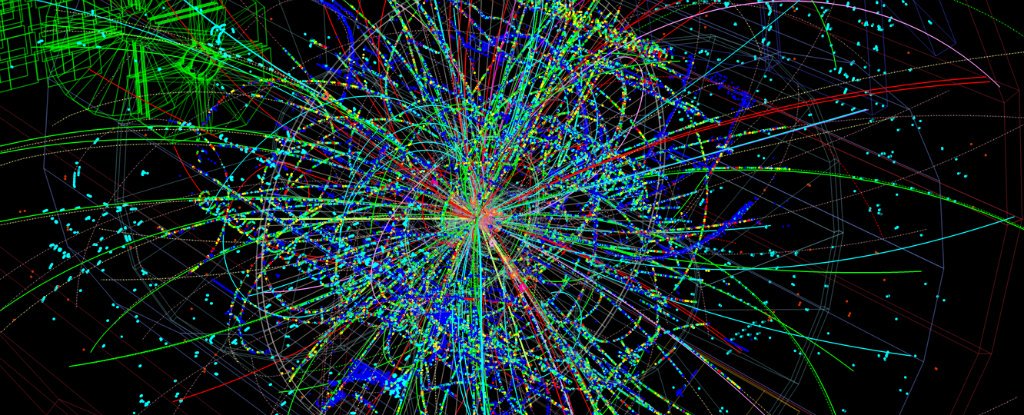
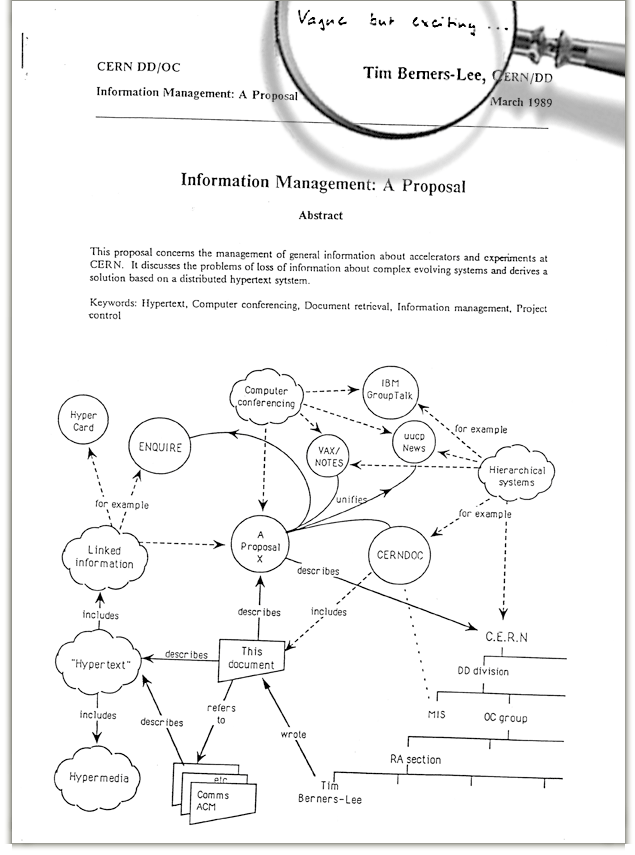
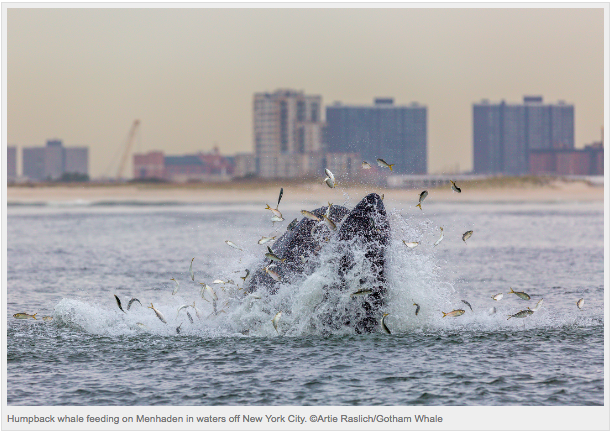
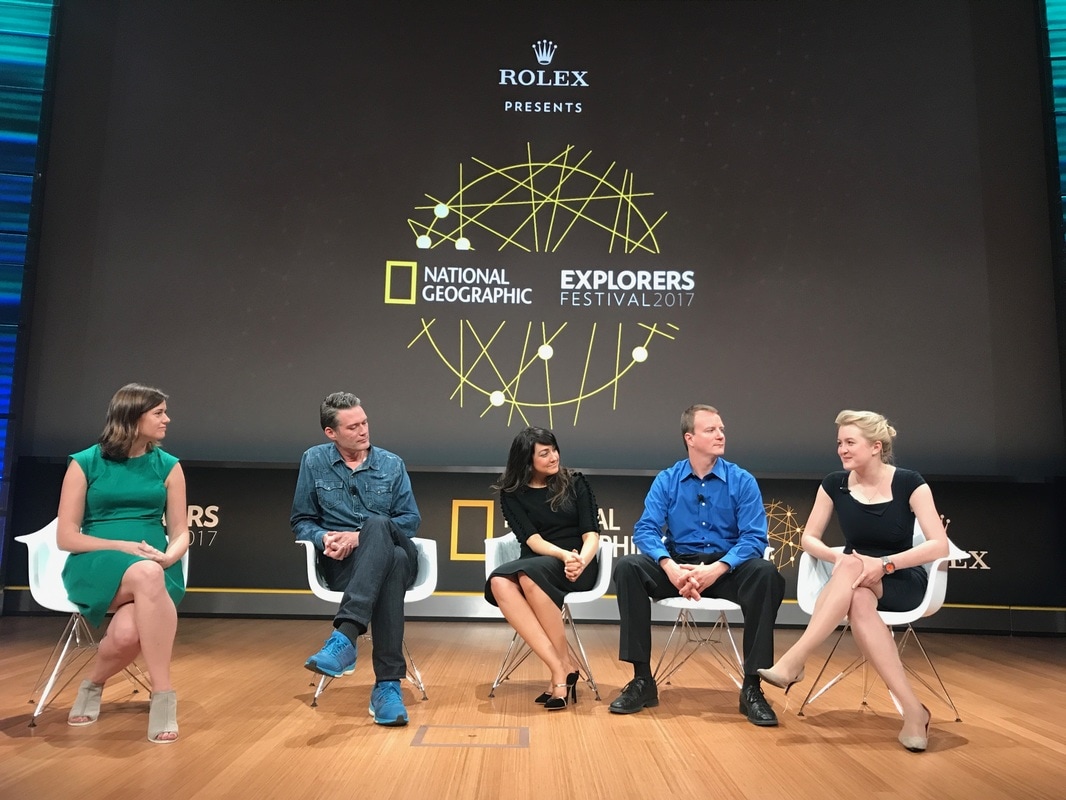
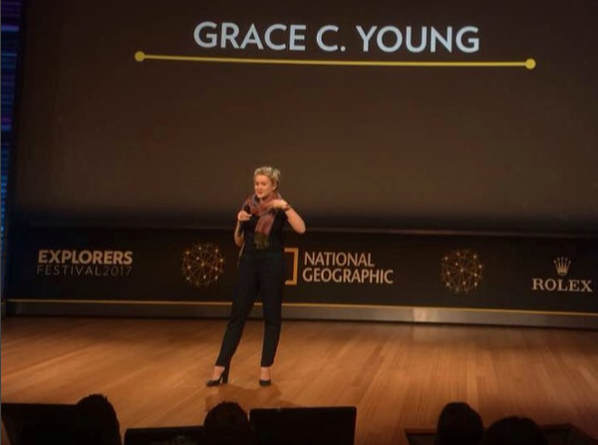
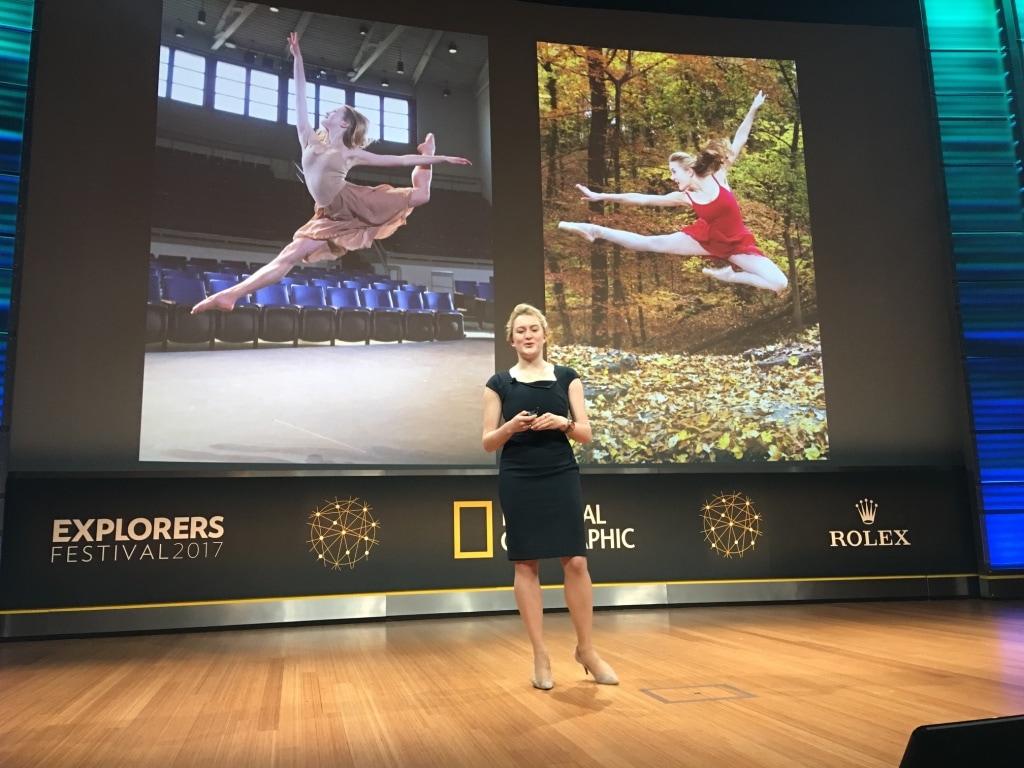
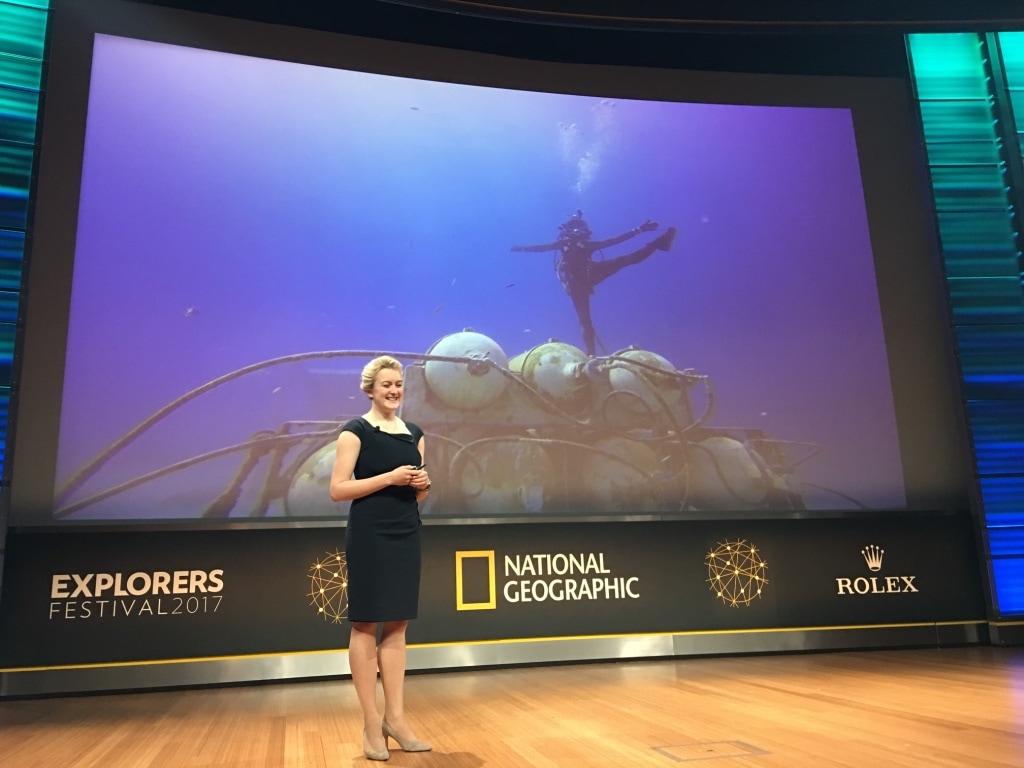
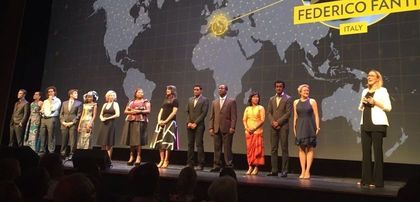
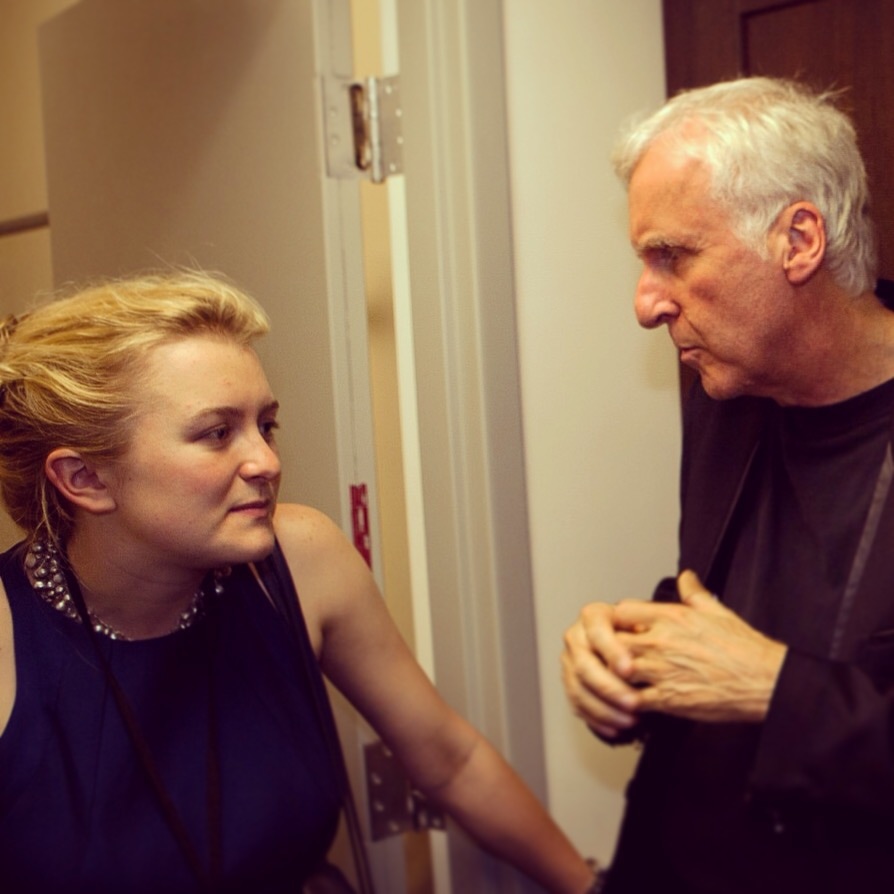
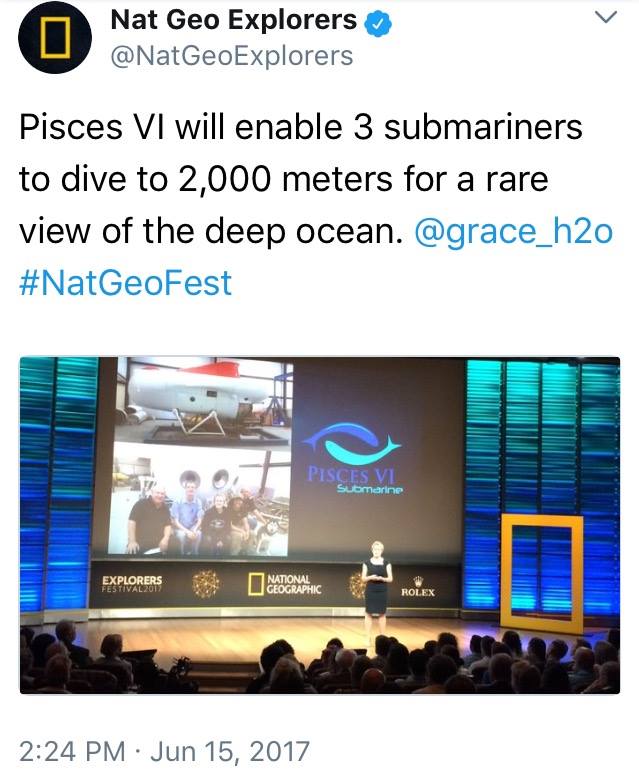

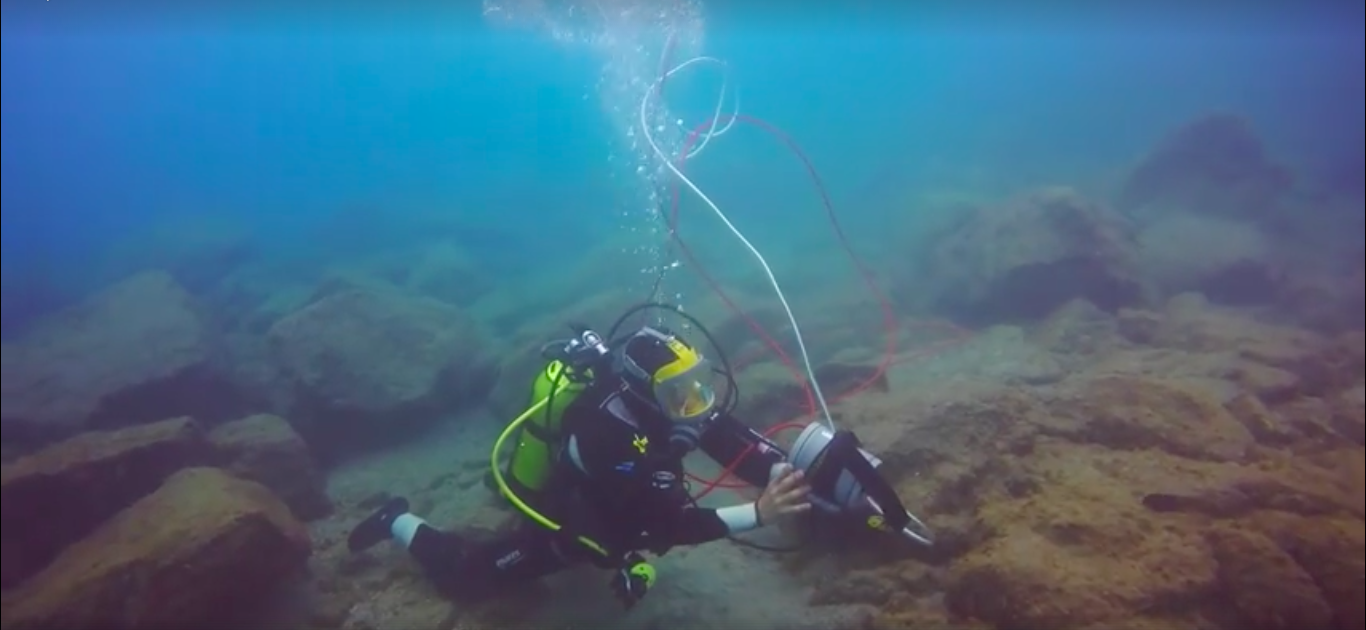

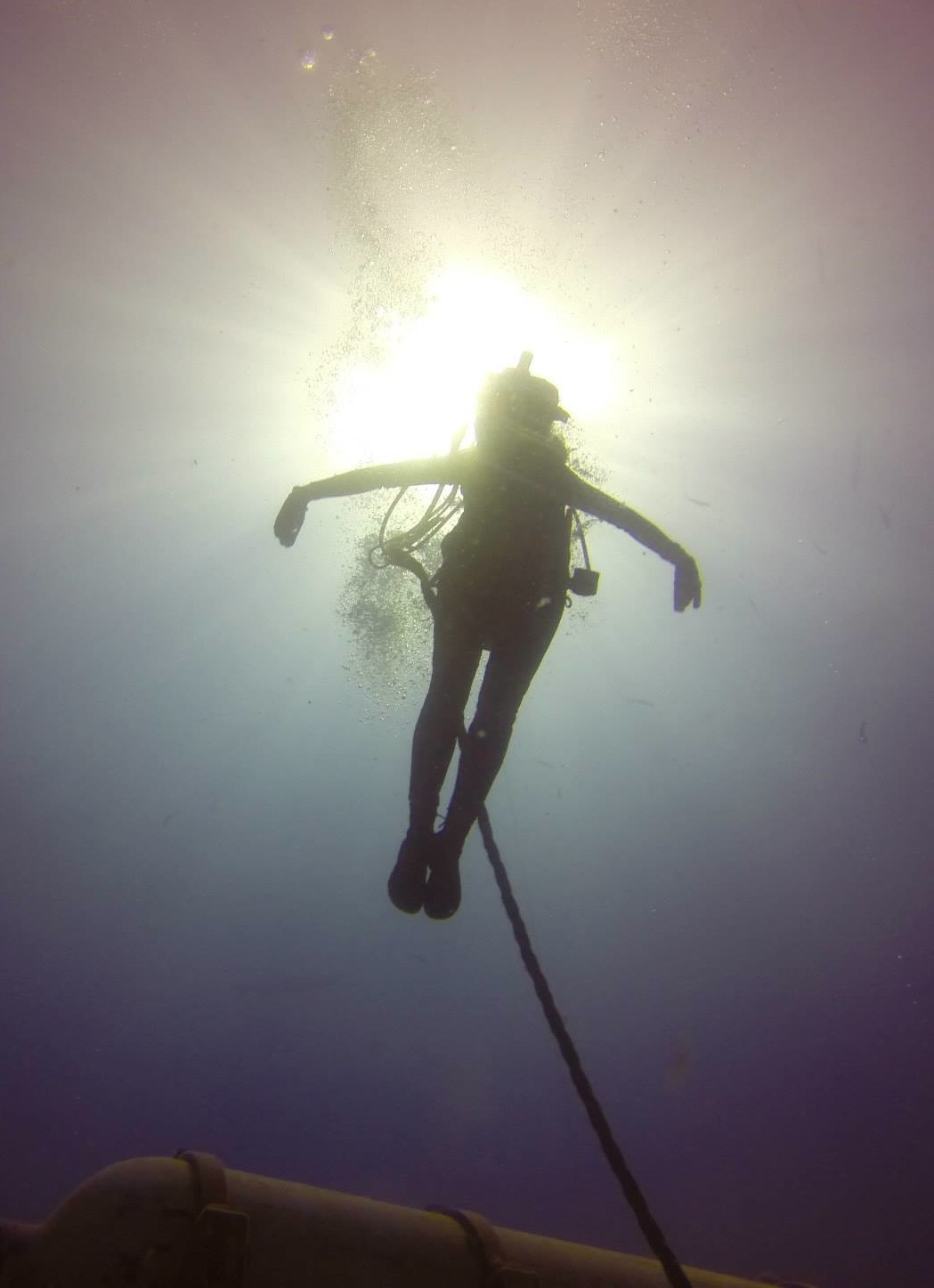
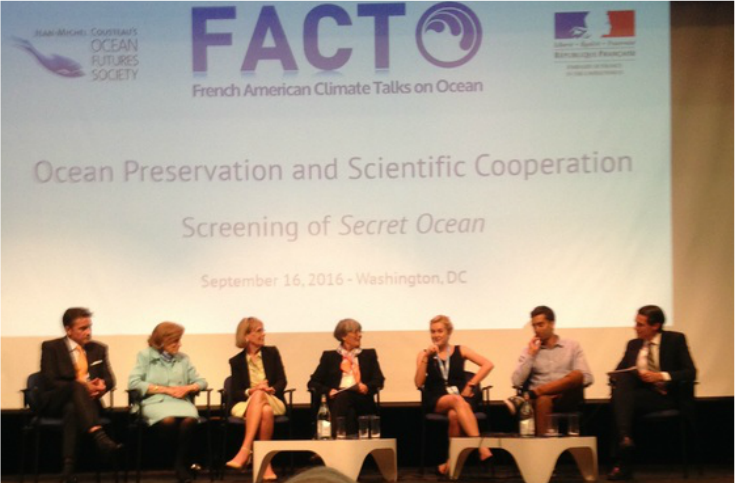

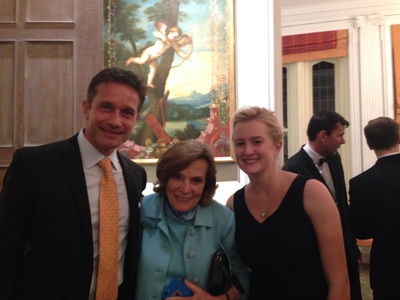
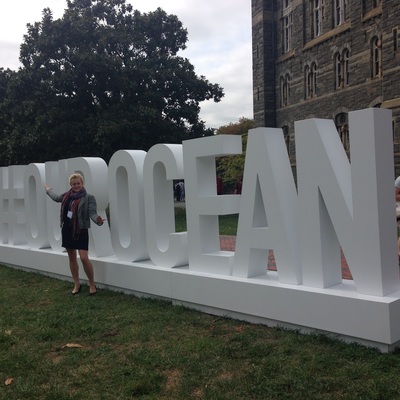
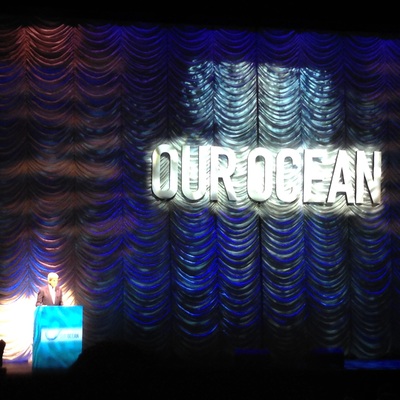
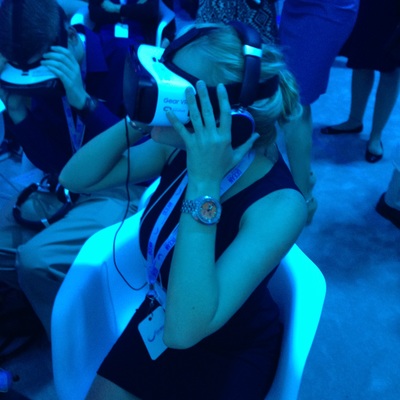
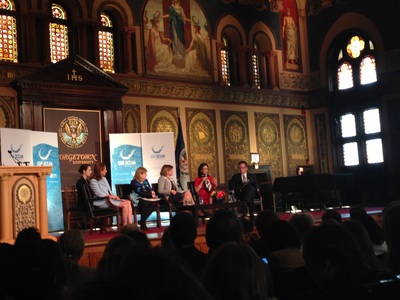
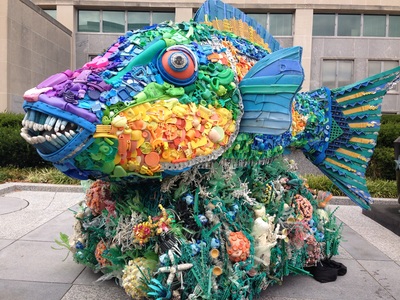
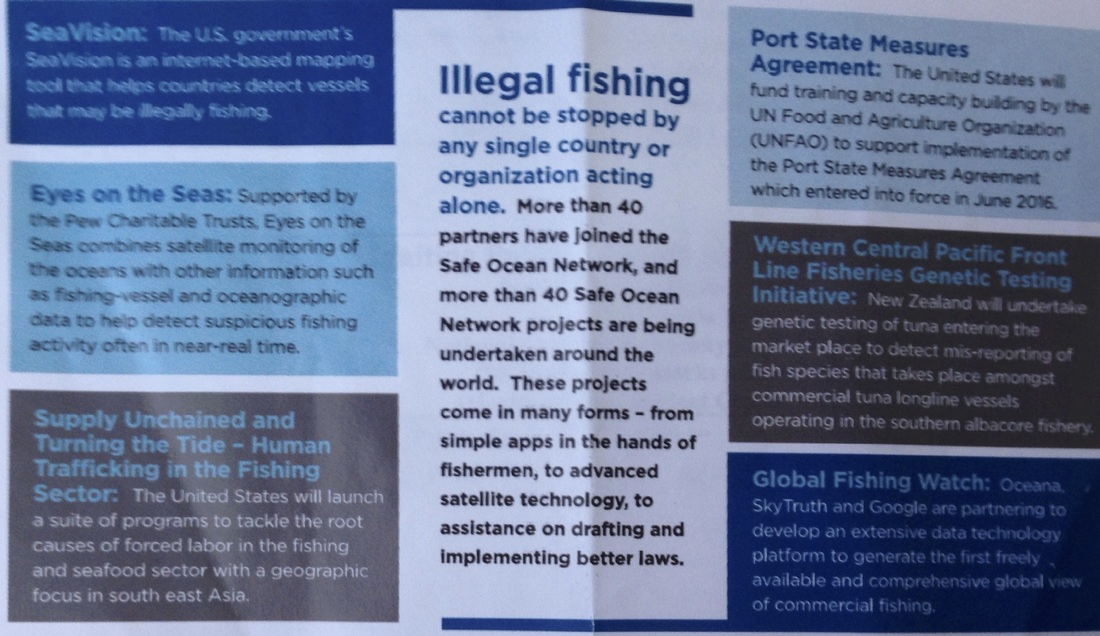
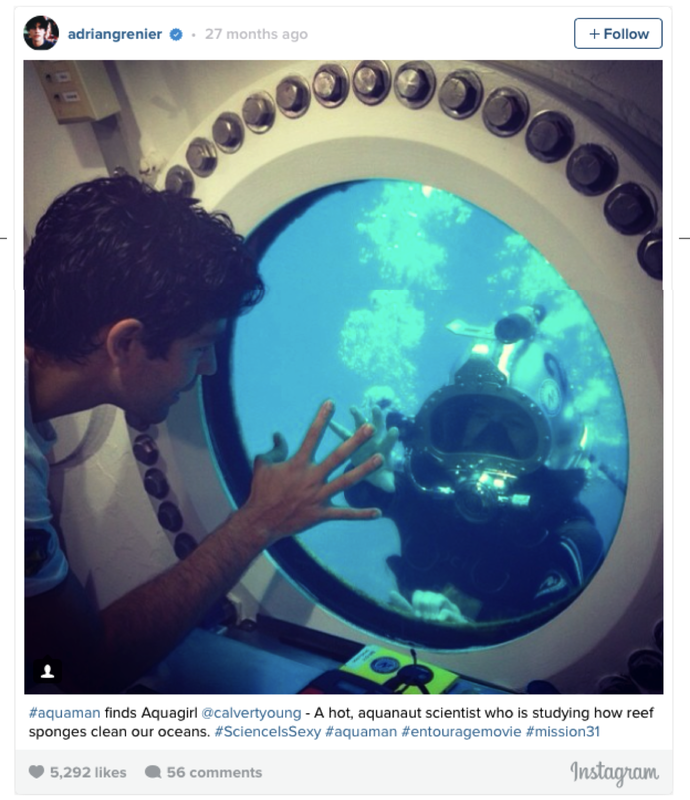

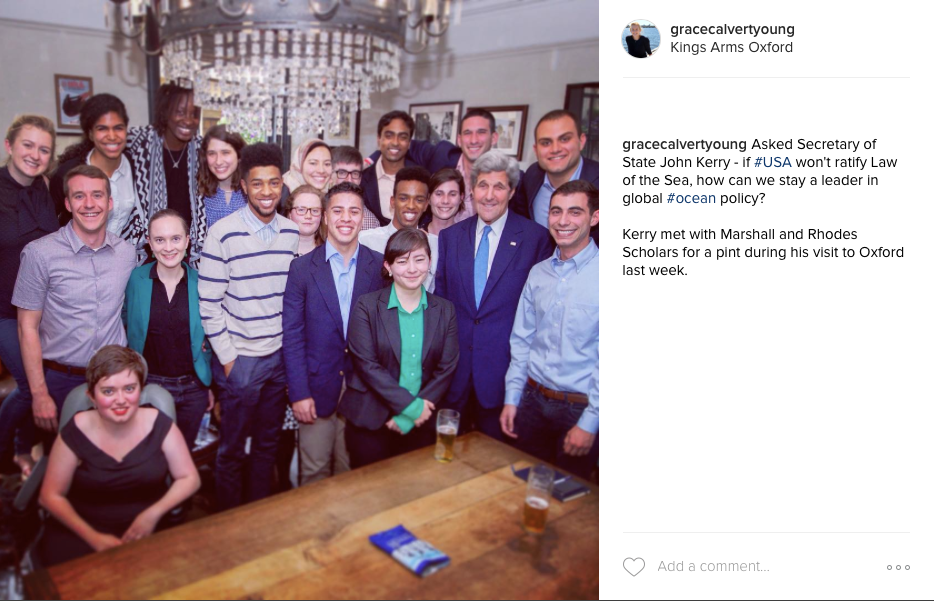
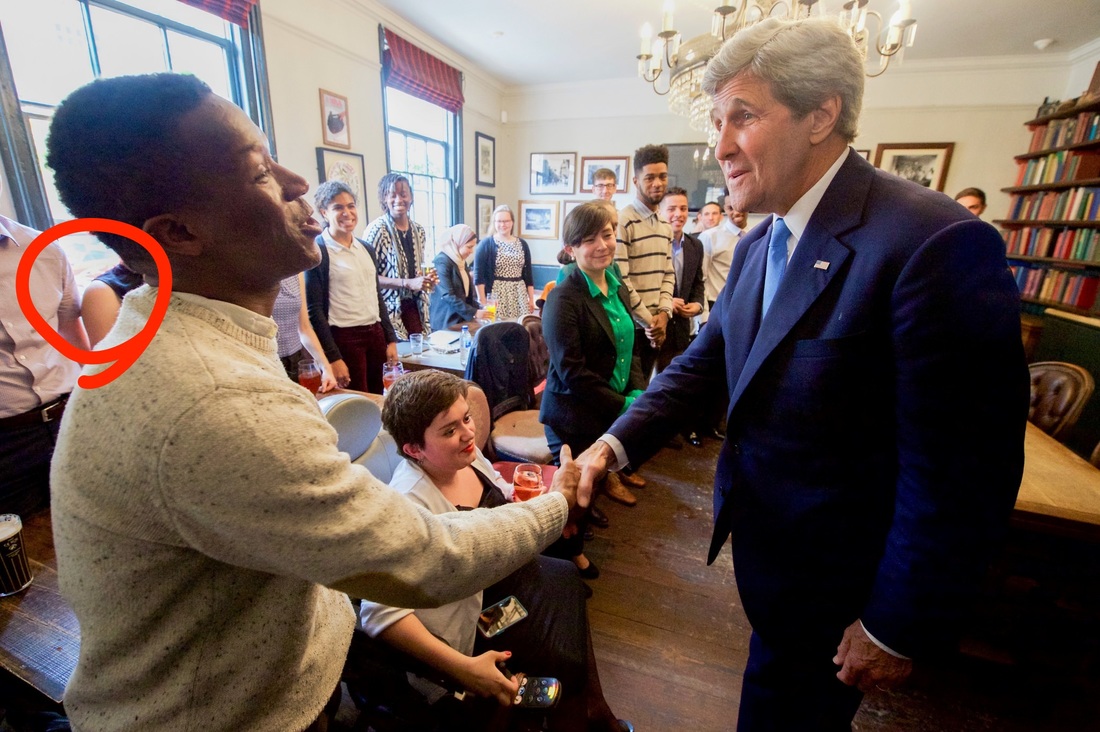
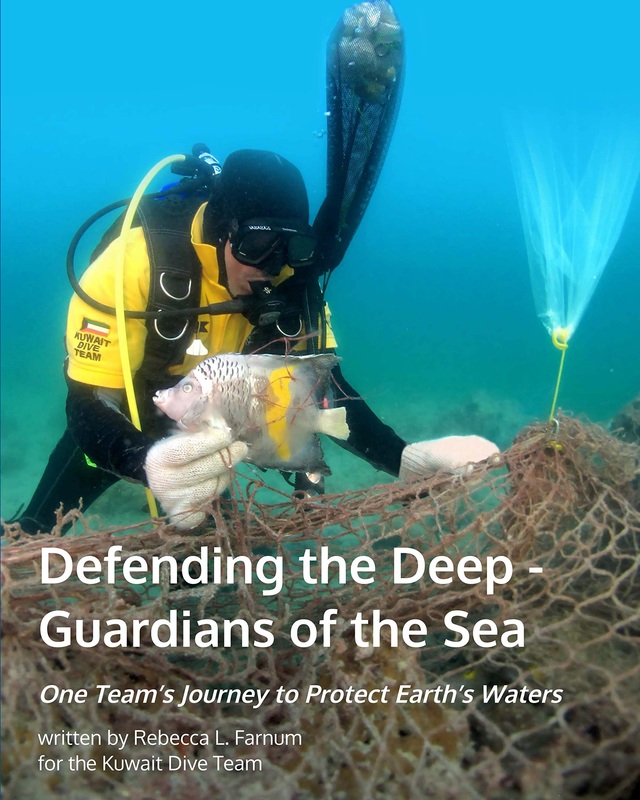
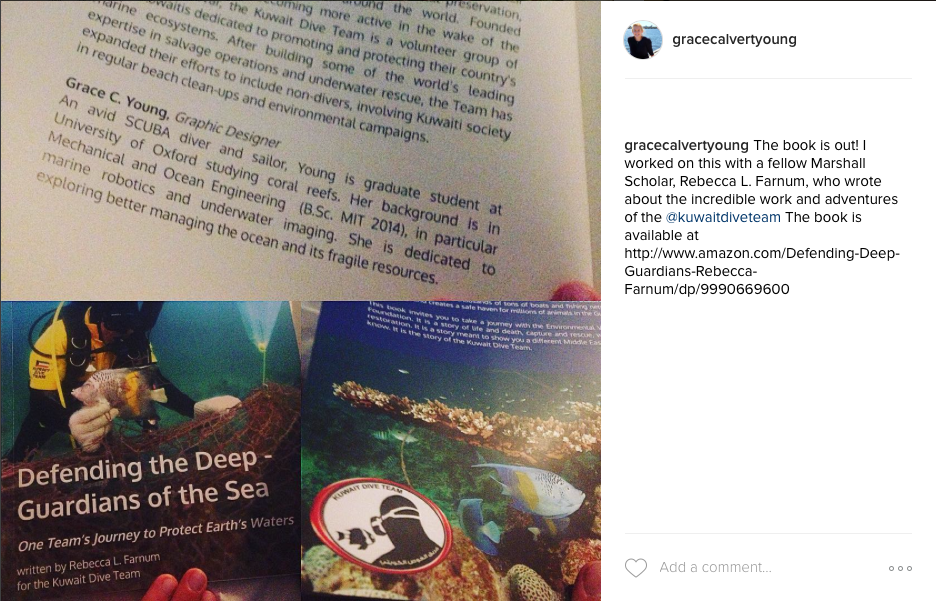
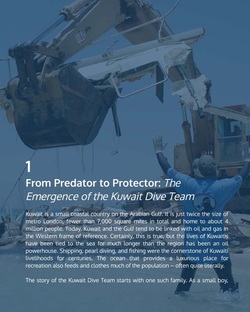
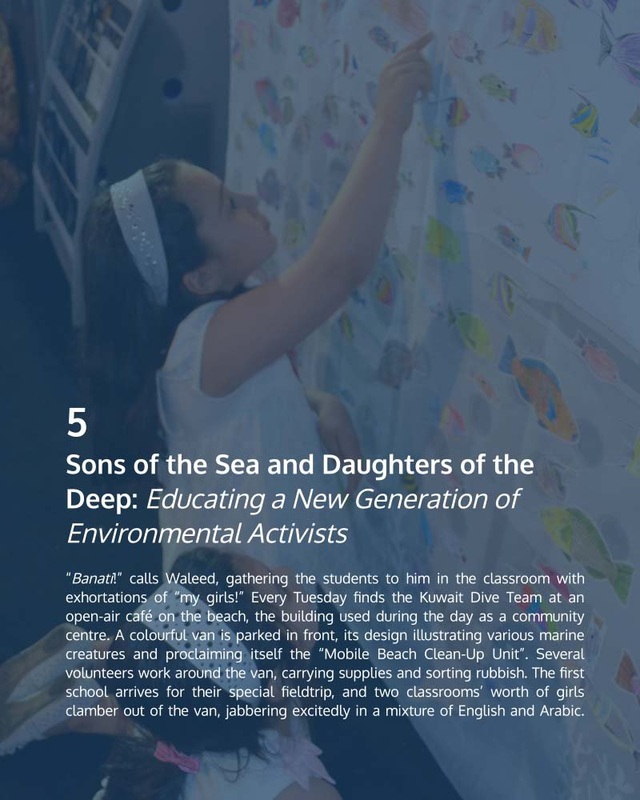
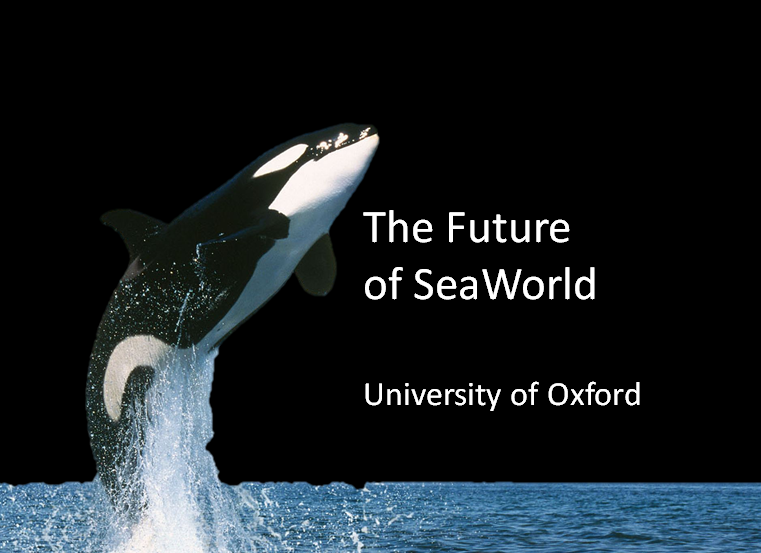
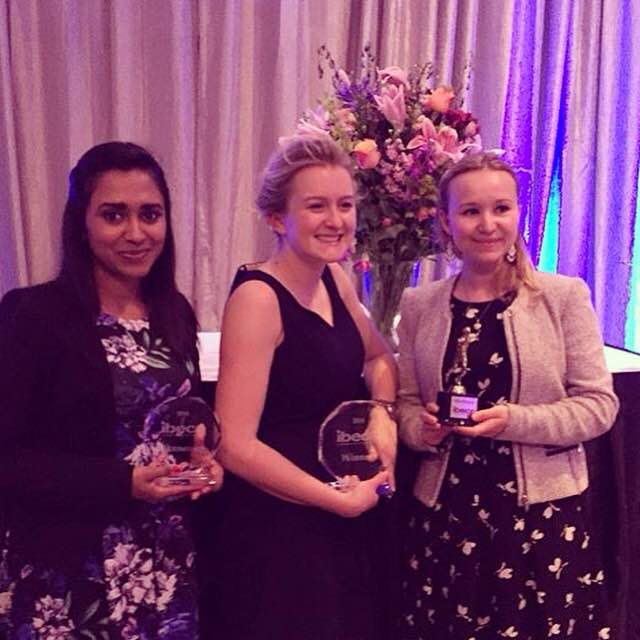

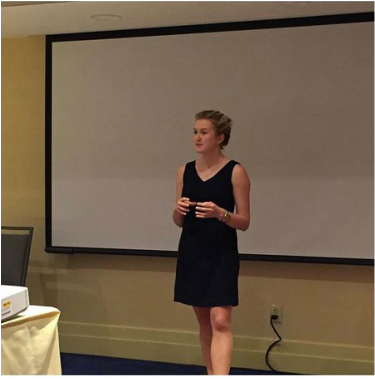

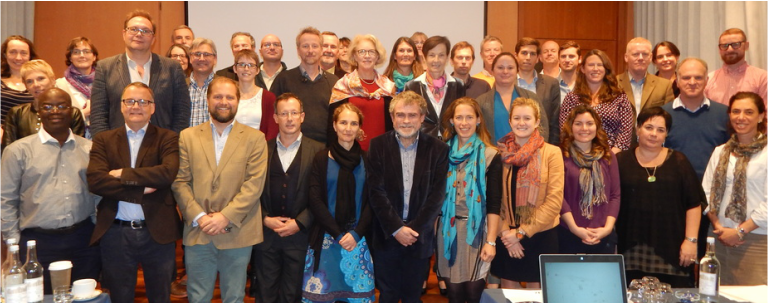
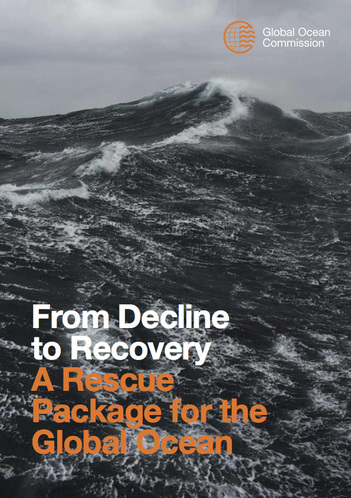
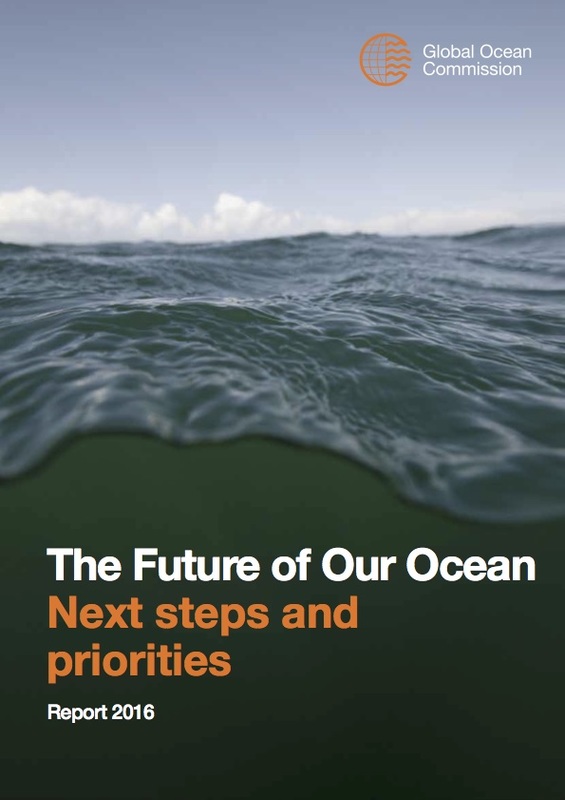
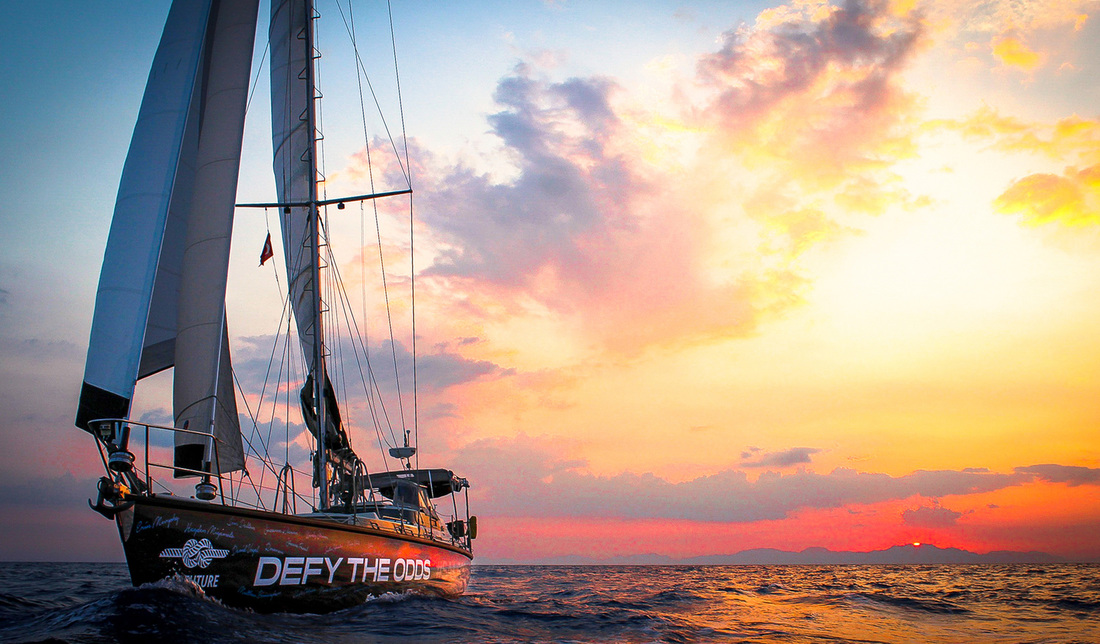

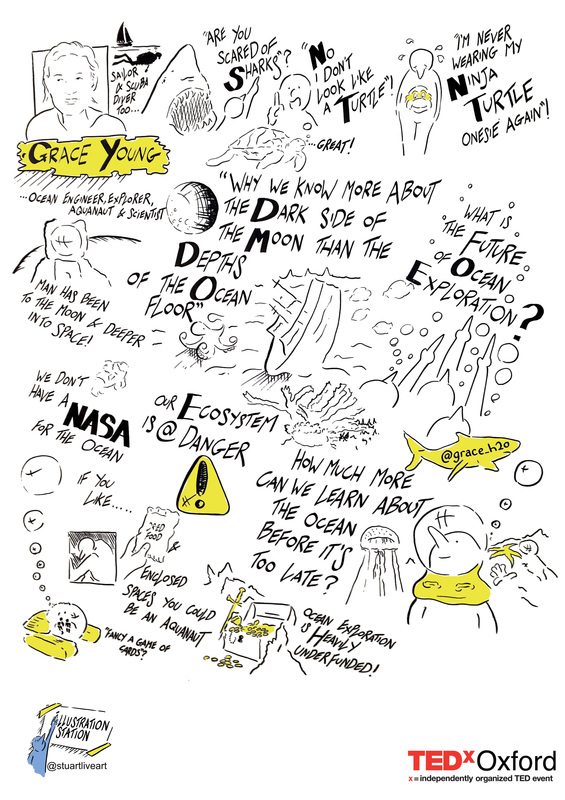

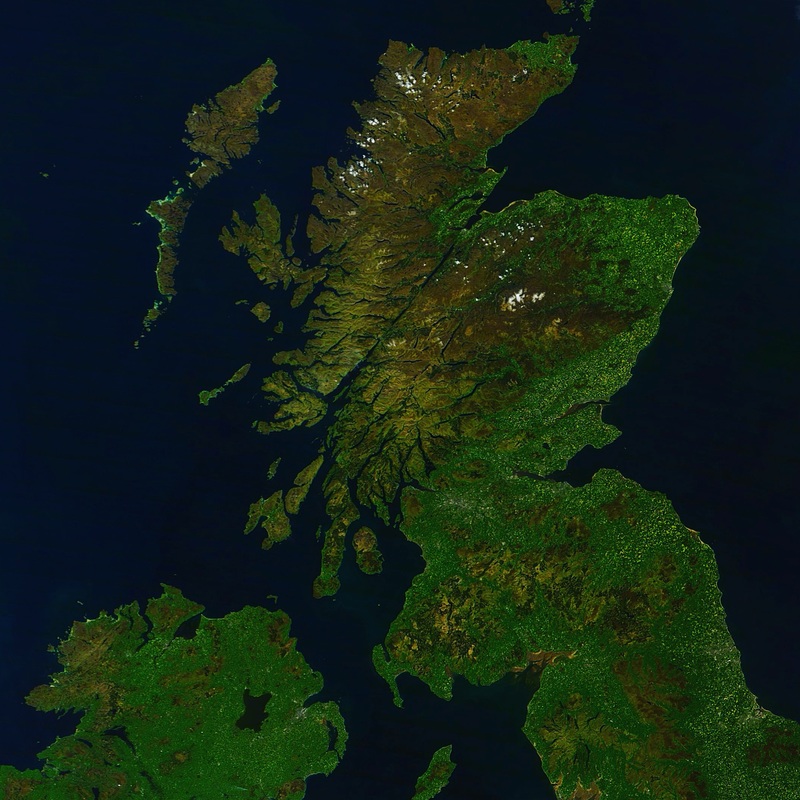

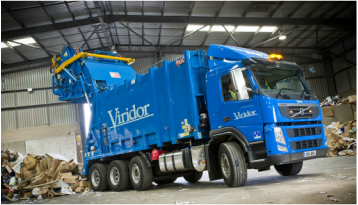

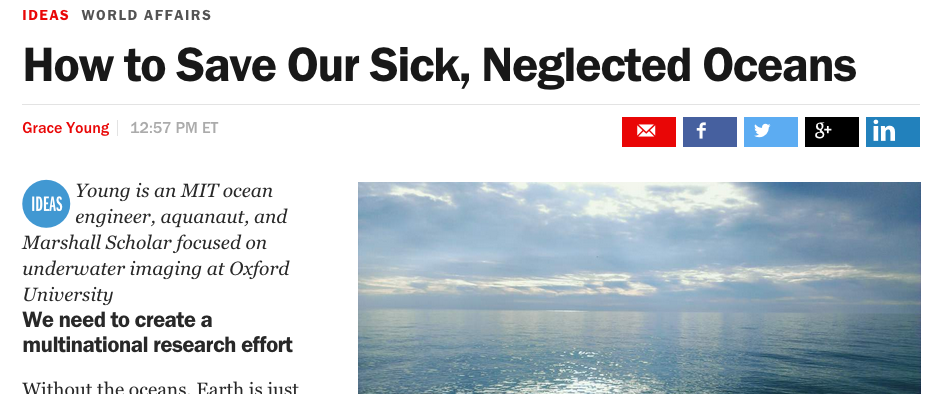
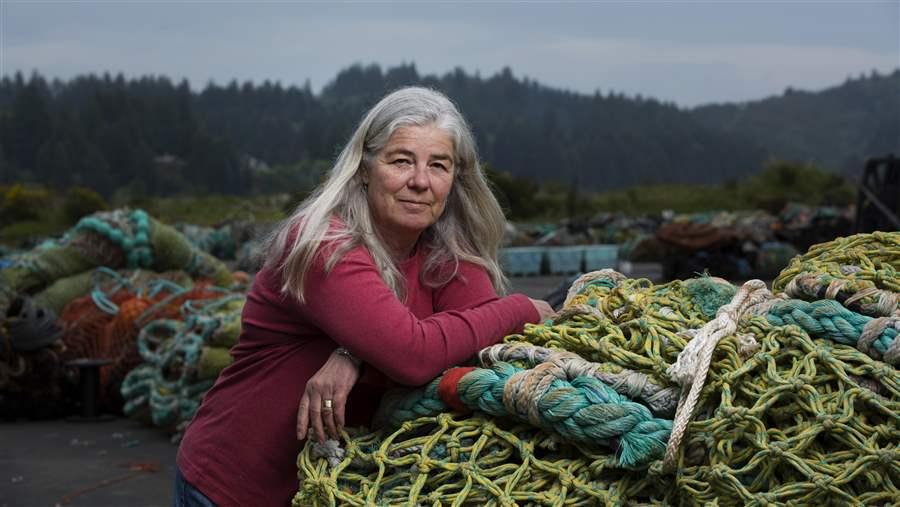
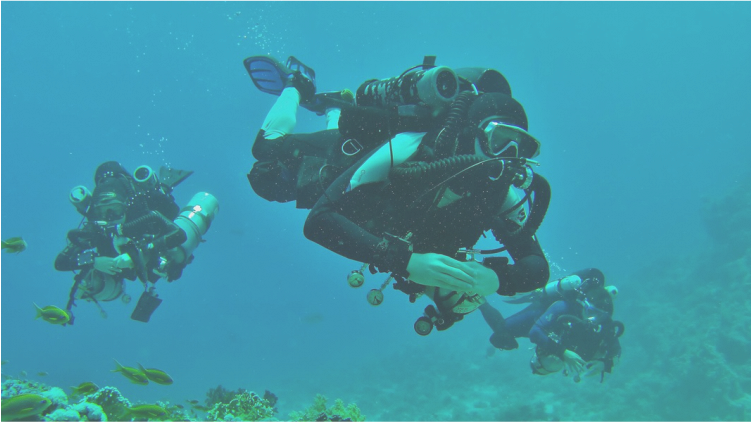
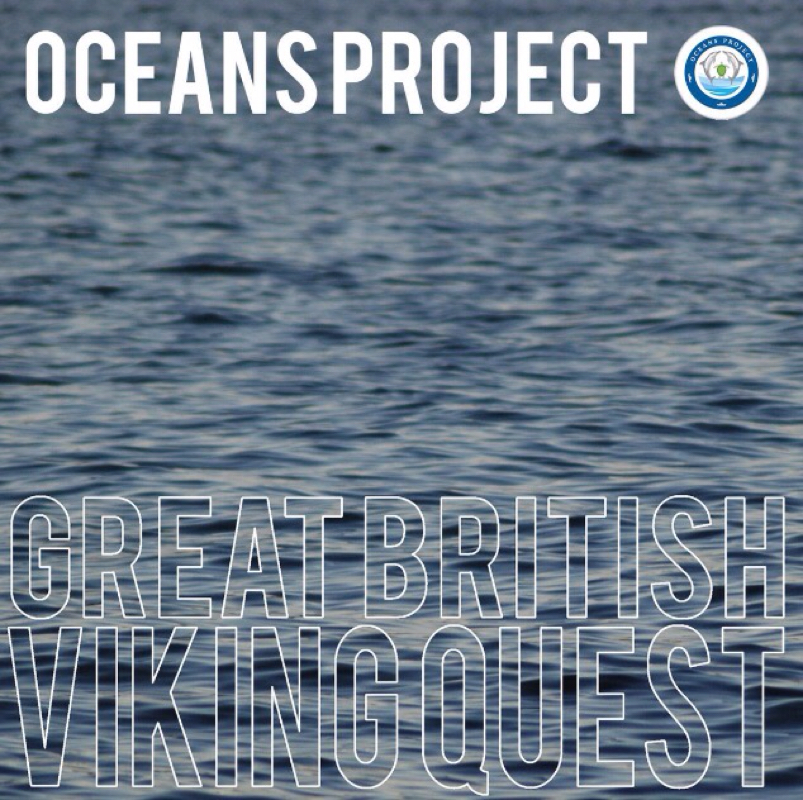
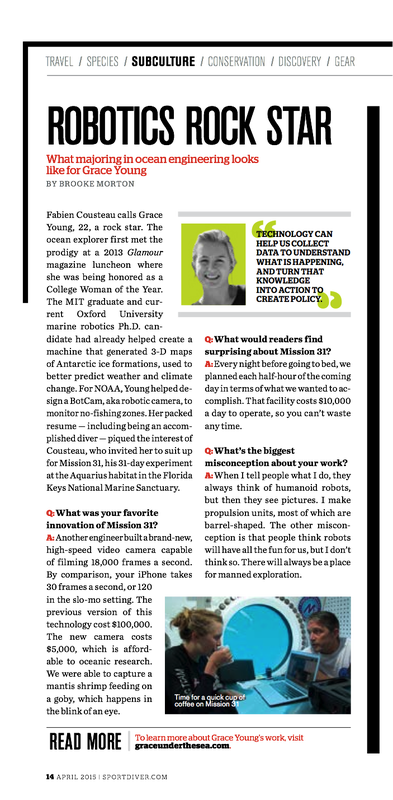

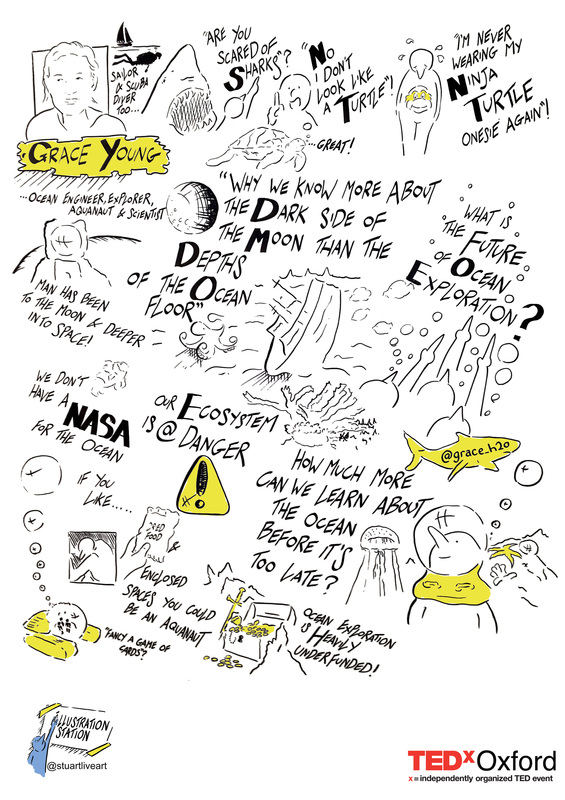
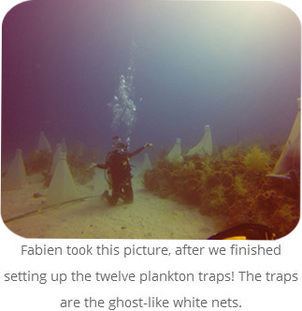
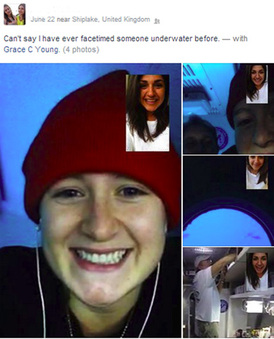
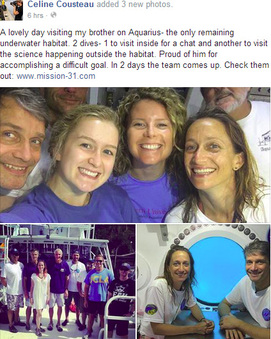
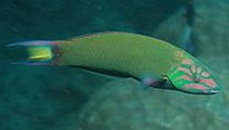
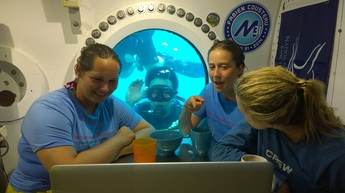
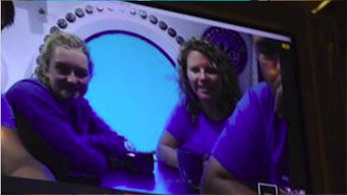
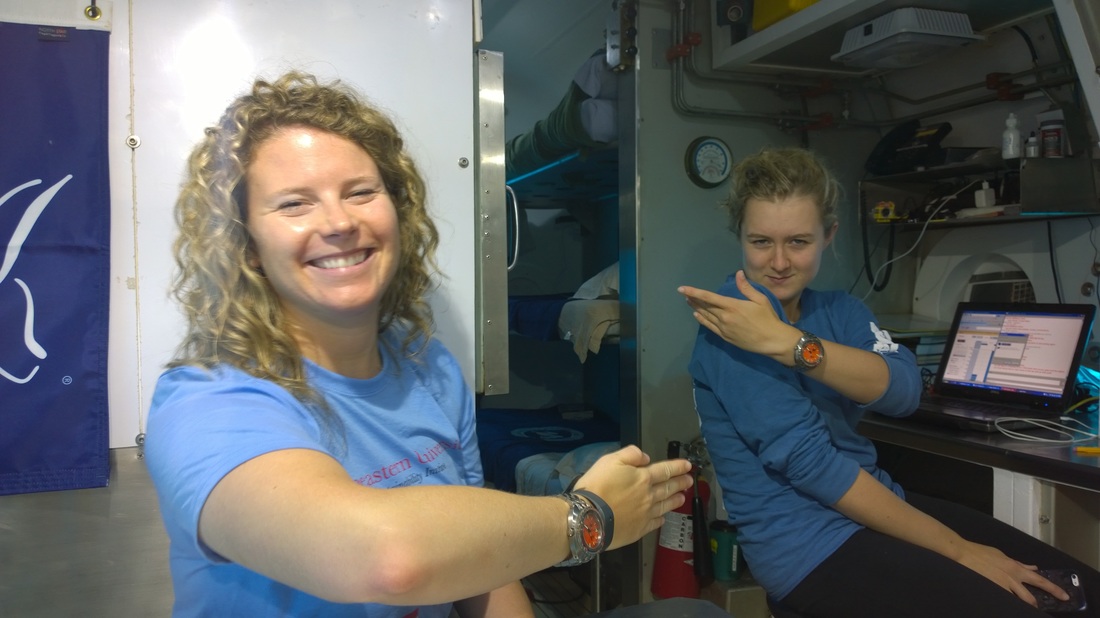
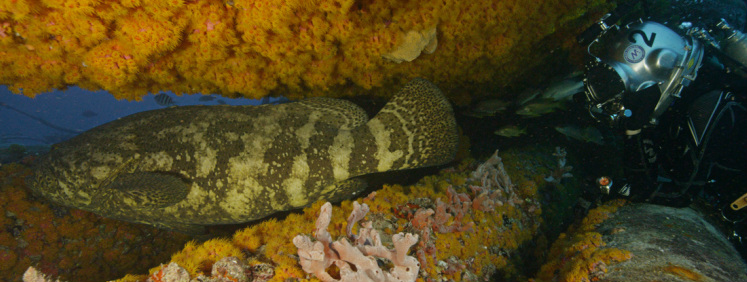
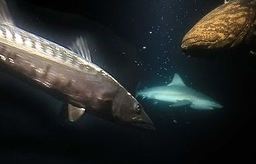
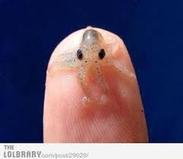
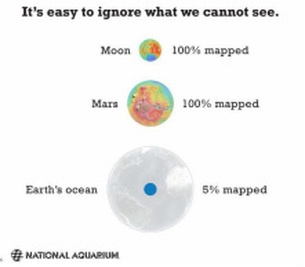
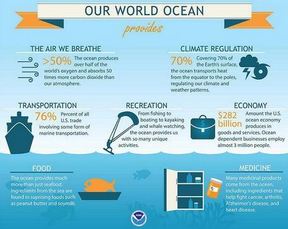
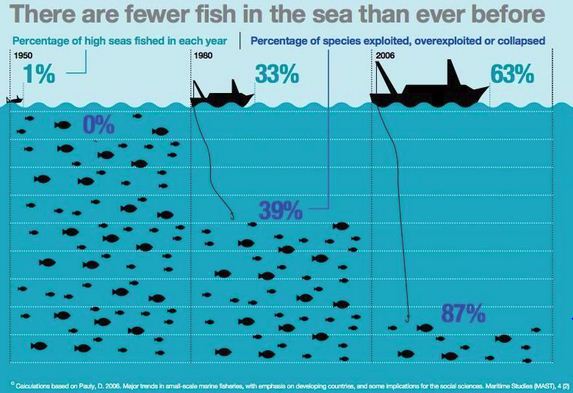
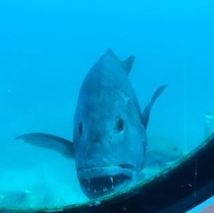
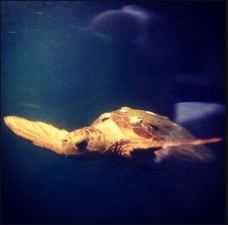
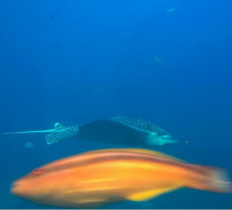
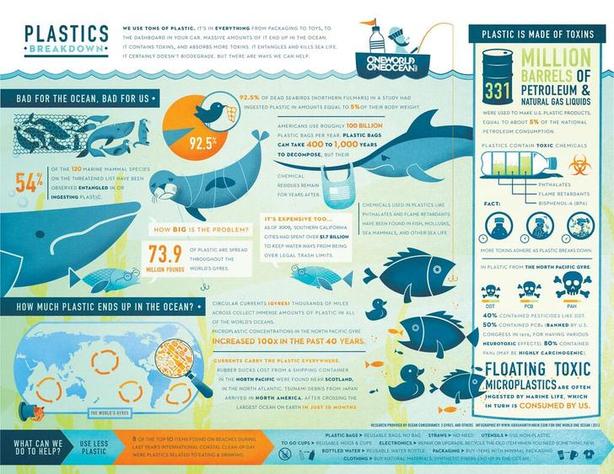
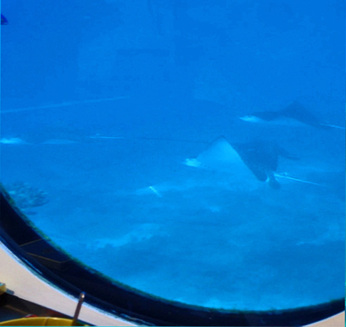
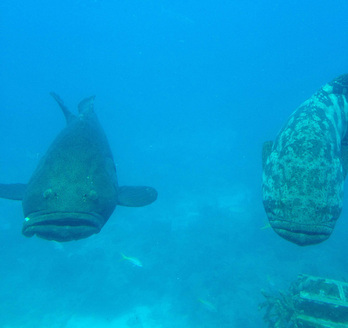
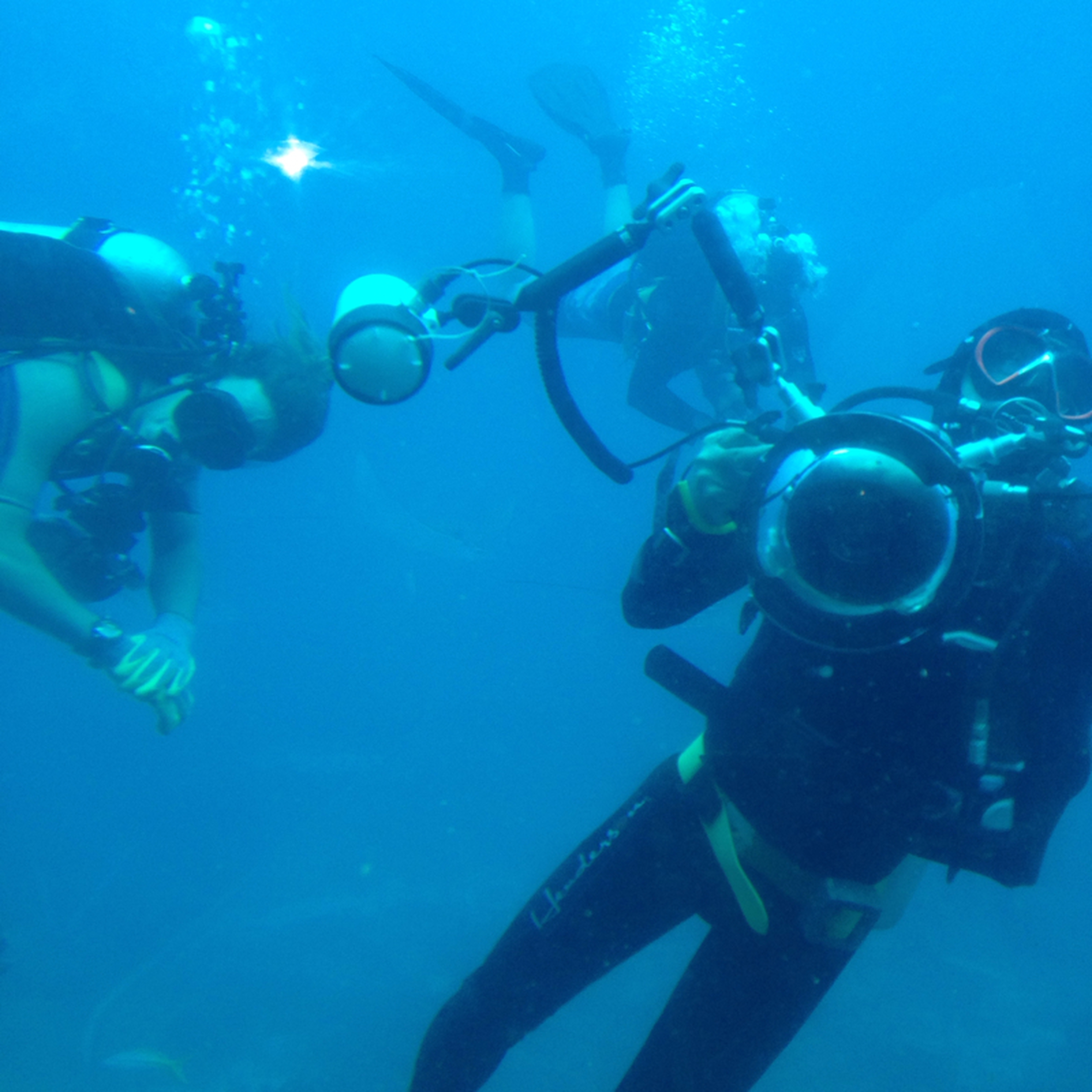
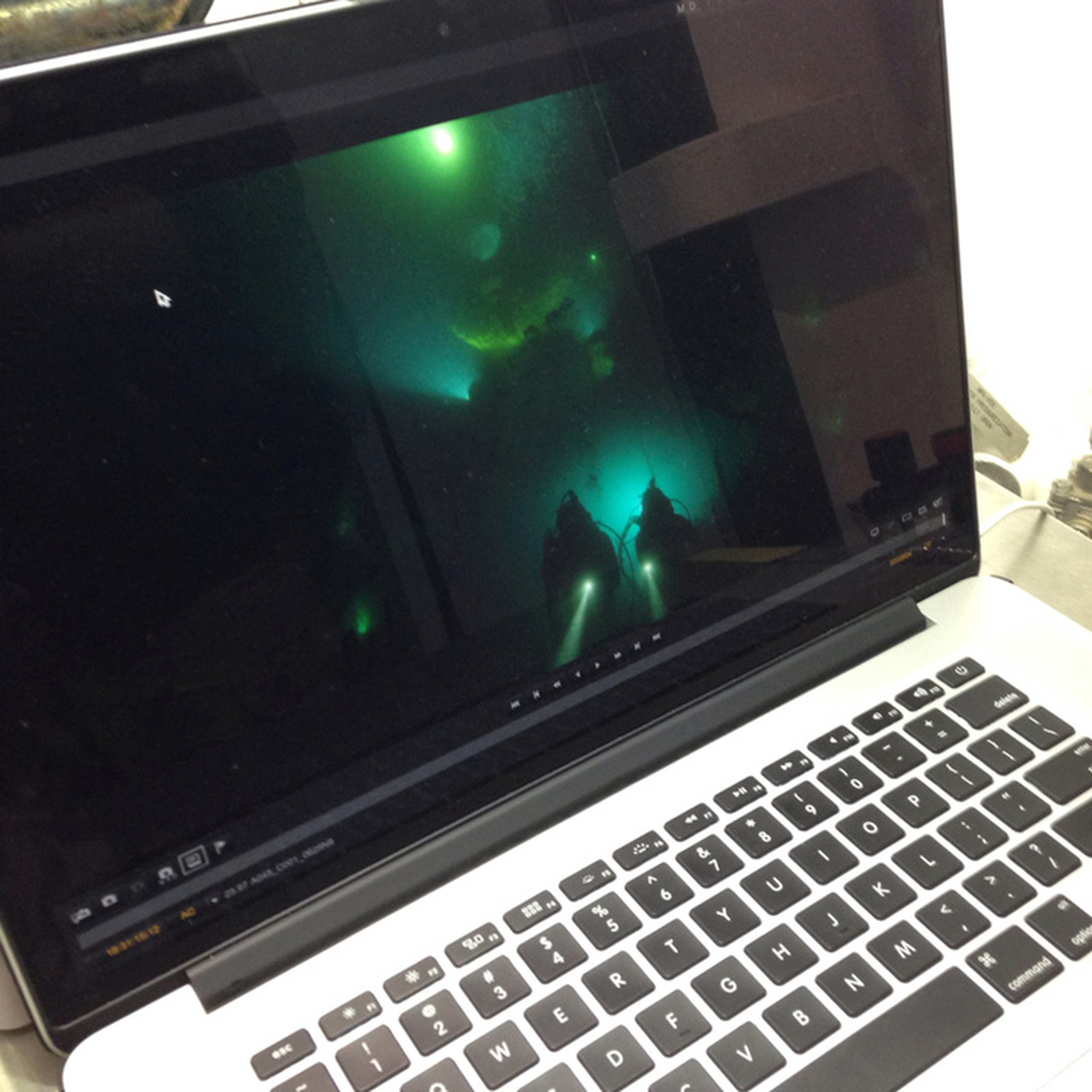
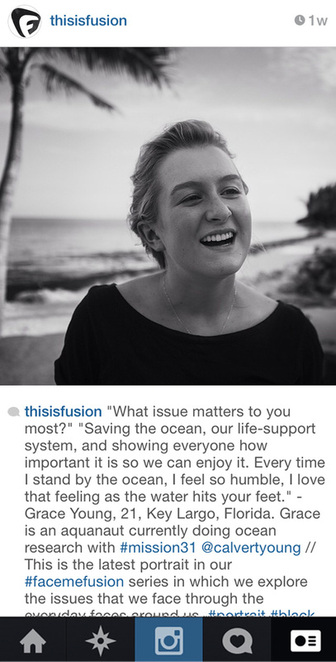
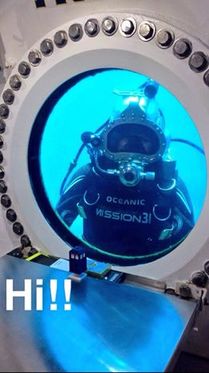

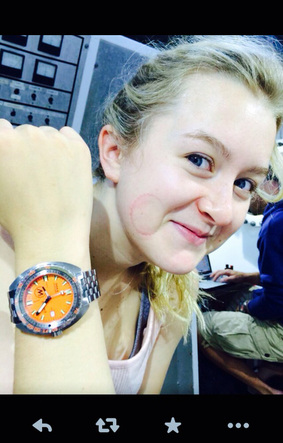


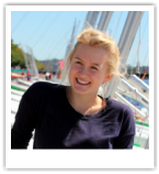
 RSS Feed
RSS Feed
